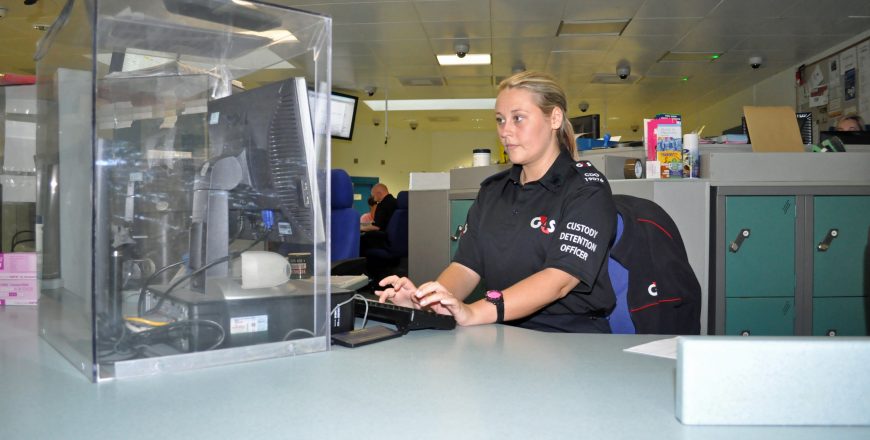
On a custody and detention officer apprenticeship course, you’ll help ensure that individuals in custody and detention centres are held in a highly secure, safe, decent and fair environment.
You will work in a secure environment such as a prison, detention centre, custodial facility, or custodial service, all of which are different and sometimes unpleasant places to work. The setting might be anything from a women’s ward to a rehabilitation centre to a male resettlement institution.
People in your care will have a variety of needs. It will be your obligation to guarantee that those people are treated with dignity and respect and that they are helped to establish a new way of life in a safe, secure, and organised environment.
These environments rely on and operate on regularity, which you will need to be a part of; nonetheless, they may be turbulent, demanding places to work. Therefore, you must be competent and agile enough to respond quickly to various situations while maintaining professional standards.
What you’ll learn
On a custody and detention officer apprenticeship course, you’ll learn to:
- Make a determined effort to create a rehabilitation culture.
- As required, provide incident management and “first on-site” response.
- Recognise potential conflicts and be prepared to neutralise them.
- Conduct appropriate searches, such as scrutinising people, buildings, cars, and sites for unlawful or restricted items.
- Explain processes, procedures, and options to persons in custody or detention to understand what will happen to them and why.
- Maintain the accuracy of documentation, reports, records, and supporting systems according to local, national, and organisational standards.
- Maintain your professional standards and advancement while working in a custodial setting.
- Work with other parties, such as the police, courts, the National Probation Service, and community rehabilitation organisations.
- Identify hazards and respond dynamically, for example, by practising fire prevention or, in the case of a big disaster, by executing a detailed evacuation plan in coordination with others.
Entry requirements
You’ll usually need:
- Apprentices must be aged 18 or over.
- Apprentices without level 2 English and maths will need to achieve this level before taking the end-point assessment.
- Pass enhanced background checks
- Pass security checks
Assessment methods
The End Point Assessment consists of two distinct assessment methods:
- Project
- Professional Discussion
Duration, level, subjects and potential salary upon completion
- Duration: 12 months
-
Level: 3 – Advanced Apprenticeship
- Relevant school subjects: PE
- Potential salary upon completion: £21,000 per annum
Apprenticeship standard
More information about the Level 3 Custody and Detention Officer Apprenticeship standard can be found here.
Apprenticeship end point assessment
For more information about the End Point Assessment Process, please read the Institute of Apprenticeships’ information page.
